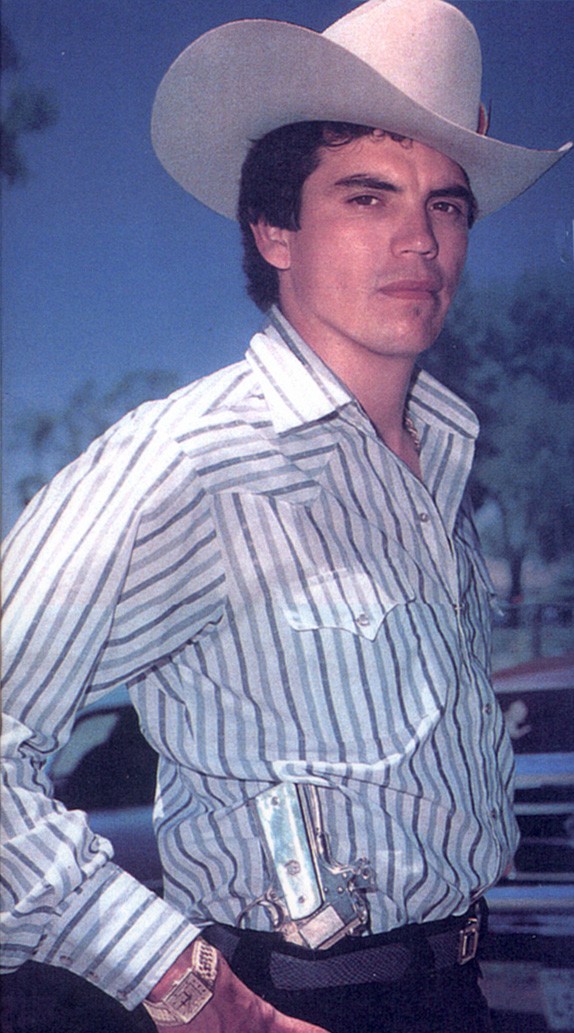

I was 8, but really I was acting like I was already 18, trying to help my mom.”Īdán began to fill his father’s shoes in other ways as well. “It was hard, there was nobody there for my mom,” says Adán. He had been shot twice in the back of the head. He was blindfolded, and his wrists had rope marks.

The next morning, two campesinos found Chalino’s body dumped by an irrigation canal.

They were taken from the car, and Espiridion was released. Following a 1992 show in Sinaloa, Chalino and his brother Espiridion were stopped in traffic by armed men in a federal police car. Adán was just 8 when his mother, Marisela, broke the bad news. Like Tupac, Chalino had offstage enemies. I ain’t going to worry about all the haters.”

I knew my dad I knew what kind of person he was. “He would go to the ranchos and give boxes of clothes to the people. He was a generous man friends called “El Compa” (Buddy), who liked giving away things. A family man who loved his kids.” Chalino picked Adán up from school in a Corvette, threw birthday and Christmas parties for him, even sought his young son’s opinion about his songs. Read the full Chalino Sánchez story in our archives.īut that’s not how Adán wants his dad to be remembered: “He was a great singer, a great songwriter, a great artist, but he was a really great dad. Sam Quiñones on Los Chalinillos, the next generation of narcocorrido singers. Like Tupac Shakur, Chalino wrote and recorded tons of songs in a short musical career he sang about the valientes - the tough and poor he had a fondness for firearms and he was ultimately gunned down, becoming even more famous after his death. His father, Mexican music legend Chalino Sánchez, took traditional corridos - ballads played in accordion-based polka or waltz rhythms - and radically changed the culture by toughing them up: wearing the cocked Tejana (cowboy hat), “barking” out his songs, allowing his fans to get onstage with him and pose for pictures, and speaking Sinaloan slang. “My dad started a way of dressing, a way of singing, a way of acting, a way of talking, everything,” says Adán Sánchez.


 0 kommentar(er)
0 kommentar(er)
